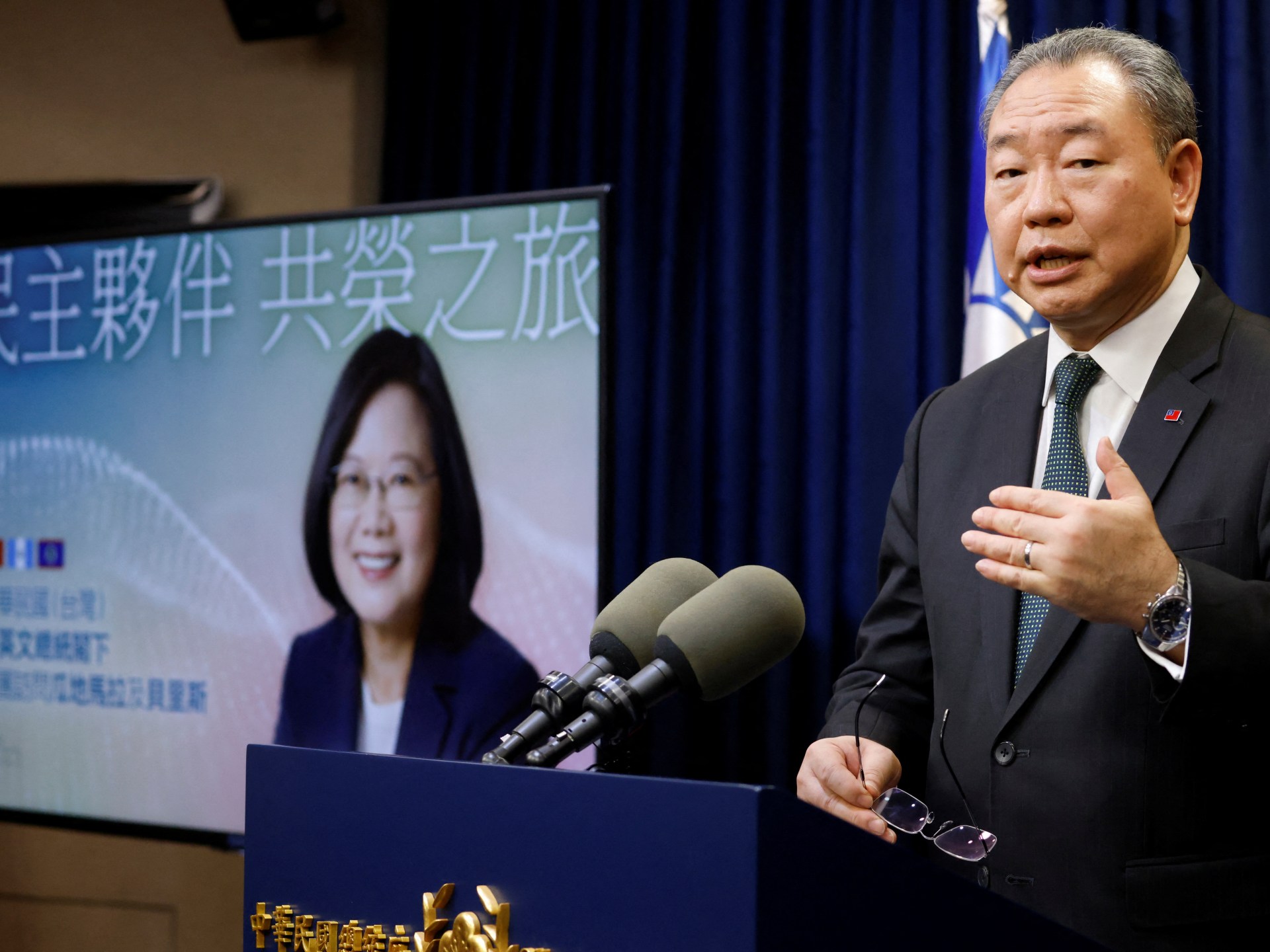Fiji to join Biden’s economic framework aimed at countering China
Fiji will become the 14th country and first Pacific island nation to join US President Joe Biden’s signature economic framework, the White House announced on Friday, delivering a boost to Washington’s efforts to counter growing Chinese influence in the Asia Pacific.
The announcement of Fiji’s membership of the Indo-Pacific Economic Framework for Prosperity (IPEF) came as Chinese Foreign Minister Wang Yi travelled to Kiribati as part of an eight-country tour of Pacific island countries, where Beijing and Washington are locked in a battle for influence.
Wang’s visit comes after China and Solomon Islands earlier this year sealed a security pact that has sparked alarm in the United States, Australia and New Zealand, which fear Beijing aims to establish a military foothold in the region. China has denied any intention to establish a military base or “damage other countries’ interests.”
Wang’s trip coincides with a visit to Fiji by Australian Foreign Minister Penny Wong, who is due to meet Fiji Prime Minister Frank Bainimarama later on Friday.
In a statement, US National Security Advisor Jake Sullivan said the US and Fiji are united in “our commitment to a free, open, and prosperous” region, and the island country has an especially valuable perspective on climate change.
The Fiji government had yet to announce its membership of the IPEF as of Friday afternoon.
Instead of opening up market access like a traditional free trade pact, the IPEF aims to foster common standards across four broad areas: trade; supply chains; clean energy, decarbonisation and infrastructure; and tax and anti-corruption.
“I would have thought a good climate change and trade initiative would pull in most of the Pacific Islands,” Deborah Elms, president of the Asia Business Trade Association, told Al Jazeera.
“Given the dual threats of both unchecked climate change and disrupted trade patterns as a result, the island states are particularly vulnerable. One of the IPEF pillars is supposed to tackle these issues in some way. So it is likely that Fiji decided that joining IPEF’s clean pillar might be one way to help address the challenges.”
Biden launched the IPEF, which also includes India, Japan, South Korea, Australia and Vietnam, in Tokyo on Monday as part of an Asia tour aimed at reaffirming US engagement in the region.
While countries in the region have welcomed Biden’s engagement efforts, the framework has been criticised for not granting members much-sought access to US markets.
On Thursday, New Zealand Prime Minister Jacinda Ardern urged the US to return to a sweeping regional trade deal it quit in 2017, describing the Comprehensive and Progressive Agreement for Trans-Pacific Partnership (CPTPP) as the “gold standard” for developing deeper economic ties.
Malaysian Prime Minister Ismail Sabri Yaakob earlier this month said the US should “adopt a more active trade and investment agenda” with Southeast Asian countries, which are wary of Beijing’s growing assertiveness but also depend on Chinese trade.
Biden has resisted joining the CPTPP, which Washington exited under former US President Donald Trump, amid concerns it could lead to more American jobs being shipped overseas.




